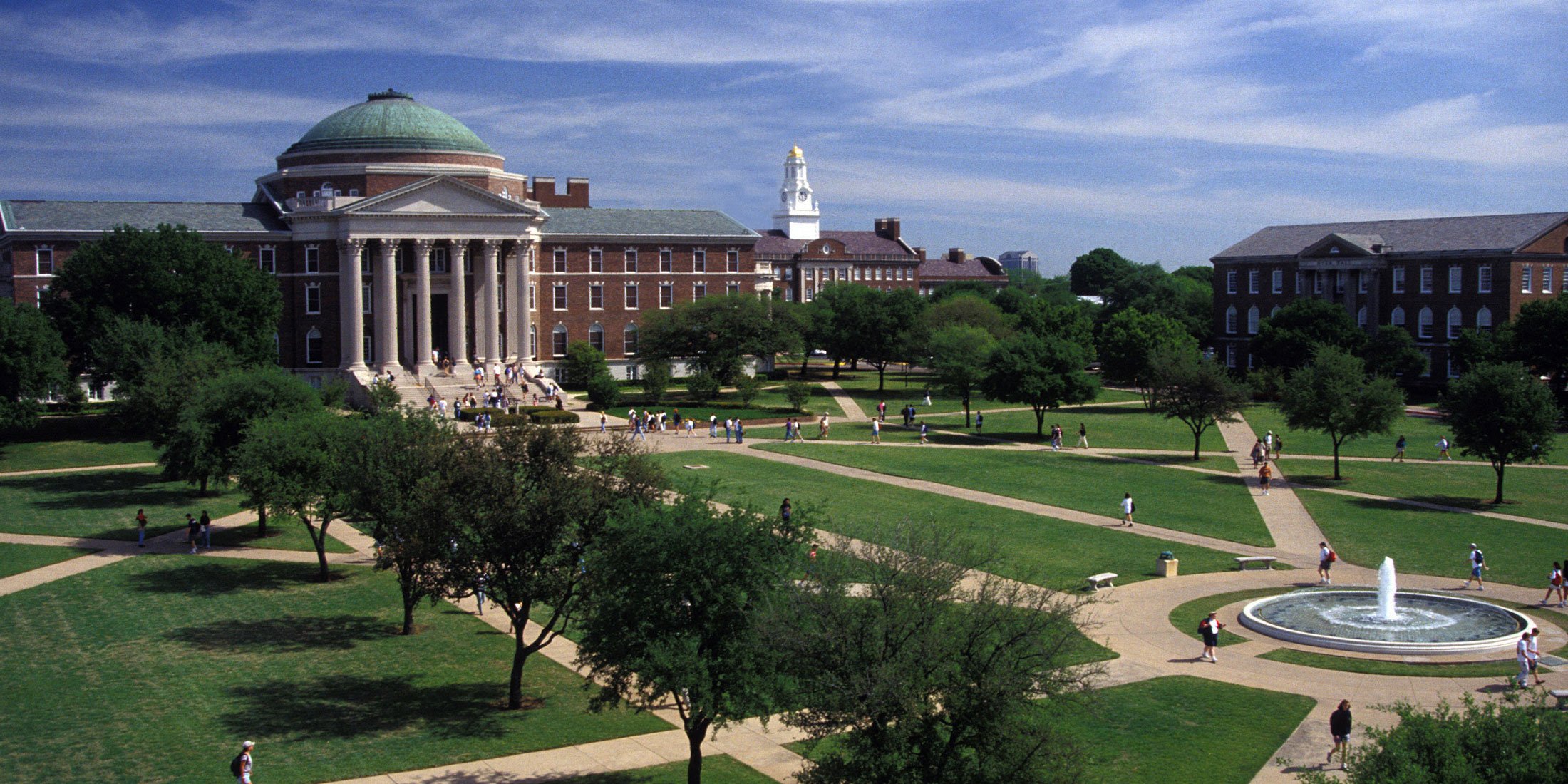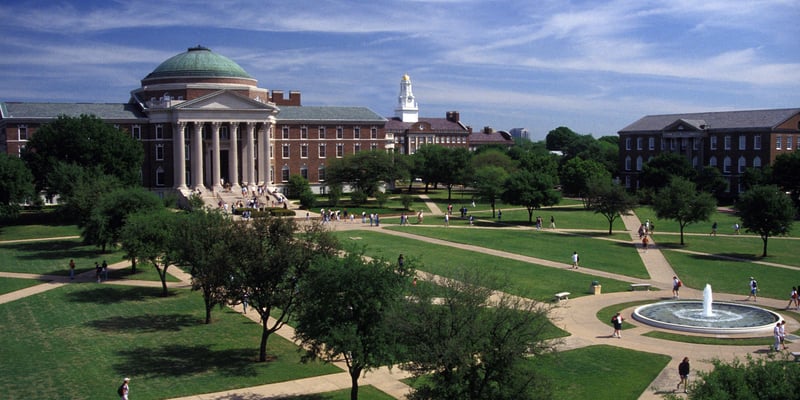Thinking About Graduate Studies in Statistics? Advice from a SMU Statistics Professor

 Dr. Hon Keung Tony Ng received his B.Sc. (Hon.) and M.Phil. in Statistics from The Chinese University of Hong Kong and his M.Sc. in Statistics and Ph.D. in Mathematics (specialized in Statistics) from McMaster University in Hamilton, Canada. He has been teaching at SMU since 2002, and his courses have included Computational Statistics, Analysis of Lifetime Data, Nonparametric Statistics, and many others.
Dr. Hon Keung Tony Ng received his B.Sc. (Hon.) and M.Phil. in Statistics from The Chinese University of Hong Kong and his M.Sc. in Statistics and Ph.D. in Mathematics (specialized in Statistics) from McMaster University in Hamilton, Canada. He has been teaching at SMU since 2002, and his courses have included Computational Statistics, Analysis of Lifetime Data, Nonparametric Statistics, and many others.
In the following interview, Dr. Ng shares his insights about Statistical Science as a field, the importance of studying what you love, and the community he has found at Southern Methodist University.
In 2016, Dr. Ng was elected as a Fellow of the American Statistical Association (ASA), which is the highest honorary grade of membership of ASA.
This honor was awarded for: “outstanding research contributions to reliability and lifetime data analysis; for developing innovative methodology for biomedical applications; for excellence in the dissemination of statistics around the globe; and for distinguished editorial service.”
He develops novel statistical methodologies and applies appropriate statistical methods in different disciplines. His research interests consist of three interrelated tracks:
- statistical methodology in reliability, lifetime data analysis and industrial engineering;
- statistical methods in medicine, genetic analysis and epidemiology;
- and statistical inference.
Why do you think Statistical Science is an important and valuable field to study?
Statistical Science is a field of study which can be a stand-alone subject as well as a subject serving other disciplines, such as business administration, education, engineering, epidemiology, medical sciences, psychology, sociology, etc. The interdisciplinary nature of Statistical Science certainly makes it a valuable field to study.
In fact, the faculty members in the Department of Statistical Science are actively involved in organizing the activities in the Dedman College Interdisciplinary Institute (DCII) to promote and facilitate interdisciplinary research. For example, I have been involved in the Annual Fellows Seminars “Law and Statistics” and “Operations Research and Statistics: Toward Integrated Analytics” in 2015-2016 and 2017-2018, respectively.
Are there any emerging trends or developments in the field of Statistical Science that you find exciting?
In the era of Big Data, there is clearly a need to increase the collaborations between different disciplines so that researchers with different expertise can complement each other in both research and teaching. Statistical Science is playing an important role in these interdisciplinary collaborations, which will lead people to better decision making based on data analysis.
This is an exciting time for statisticians since there are numerous opportunities for us to contribute and make an impact to the scientific community. We should encourage students to do their best in order to gain knowledge and skills to prepare themselves for the complexities of an ever-changing world.
Any advice or wisdom you would pass along to encourage students interested in the field?
Learning how to do research and finding a suitable research topic for the dissertation may not be an easy task. There is nothing wrong in choosing a research topic that is “easy to do” or "hot in the field”, however, the passion about the research work is more important in my opinion. "Do what you love and love what you do" will make the life as a graduate student much more enjoyable.
Another piece of advice is that graduate students should attend research seminars, conferences, or workshops whenever they have a chance to, even if the topics of the seminars are far from to his/her research interest. In my experience, I always learn something new and useful in attending research seminars, even in the case that I can only understand less than 10% of the materials in the seminar. A lot of times, new research ideas are developed based on those materials and techniques presented in the seminars.
What do you think is the most unique or valuable trait about the Department of Statistical Science at SMU?
The culture of encouraging research collaborations and innovations is valuable about the Department of Statistical Science. The faculty in the department are professionally current and active in research in different fields of Statistical Science.
The Department of Statistical Science at SMU provides an environment where students and faculty can gain knowledge and share ideas effectively. The faculty in the department has always left the door open when they are in their offices and make themselves available to the students. Faculty in the department are open-minded, cohesive and cooperative, and they are willing to spend time and effort to nurture graduate students.
What achievement, project, or experience are you most proud of from your years of research and teaching at SMU?
During my years at SMU, I found that it is a rewarding process to train graduate students and junior researchers to become successful statisticians or independent researchers in mathematical and applied statistics. I am so proud of the achievements of the graduate students and post-docs that I have mentored.
I have also supervised and co-supervised both masters and Ph.D. students to participate in different statistics-related competitions and these teams are successfully winning the top prizes in these competitions. For instance, I supervised the national winning team for Quality & Productivity Student Competition (sponsored by the American Statistical Association Section on Quality & Productivity) in 2011, co-supervised the winning teams for the SAS Data Mining Shootout in 2013, 2014 and 2015, and co-supervised the winning team for the 2016 ASA Government Statistics Section (GSS) Data Challenge. It is a pleasure to observe these achievements of our students, which have well reflected the solid training that the graduate students received in our graduate programs.
